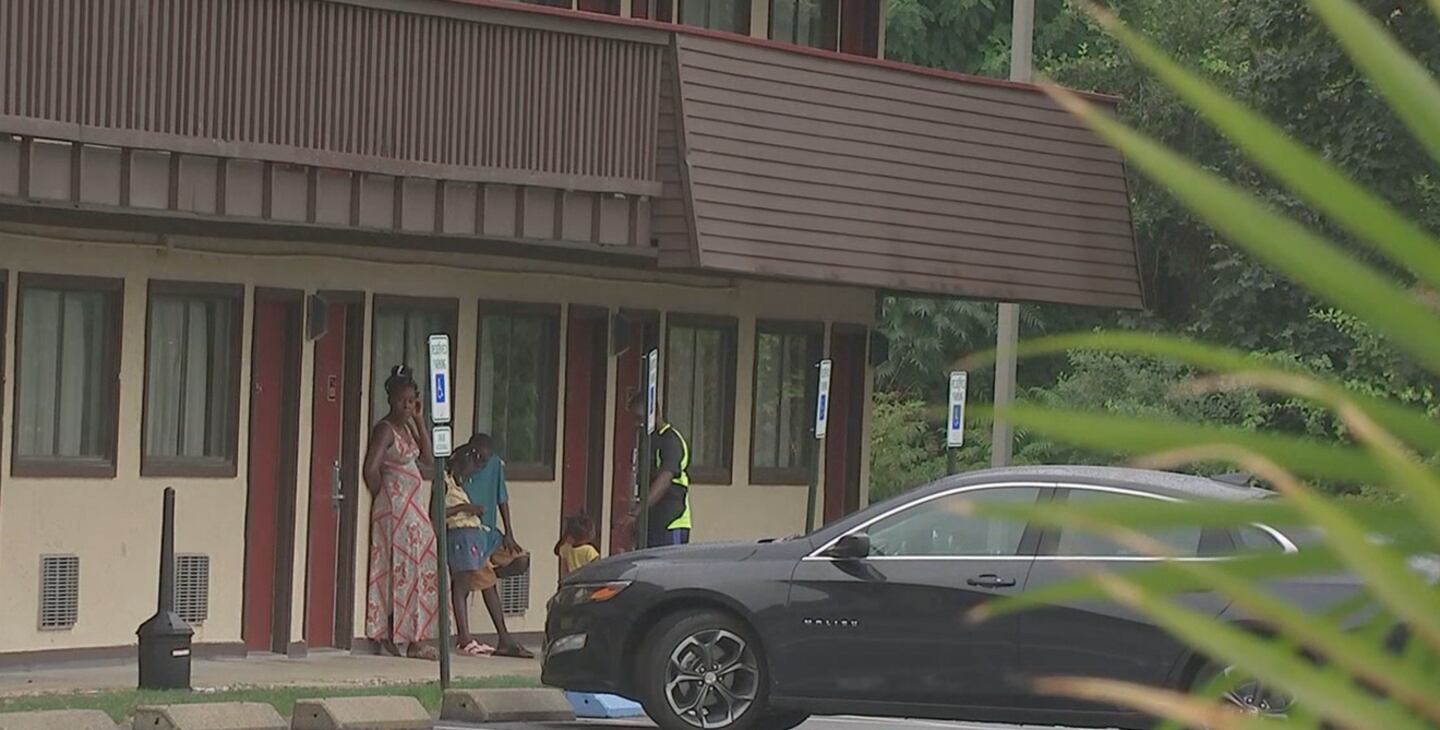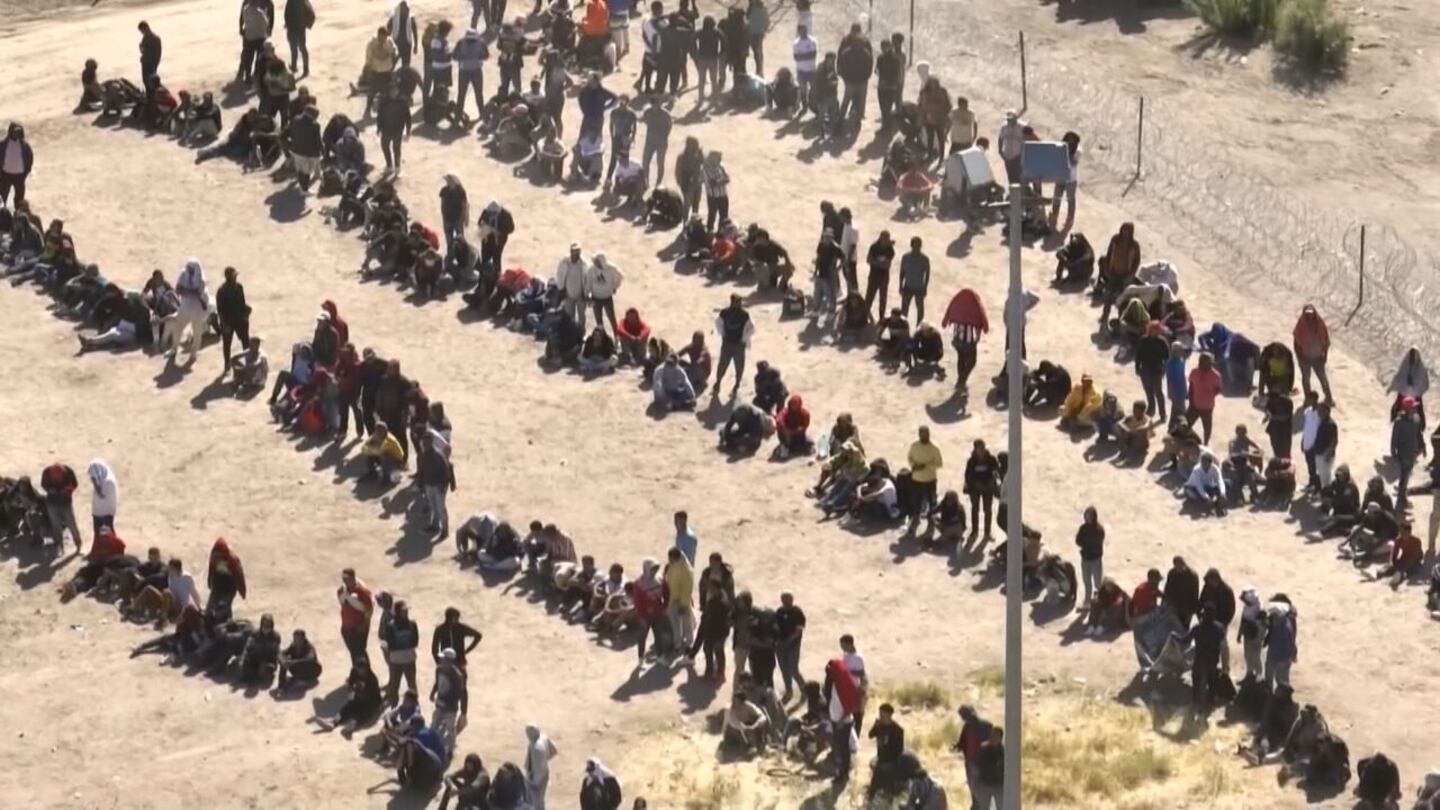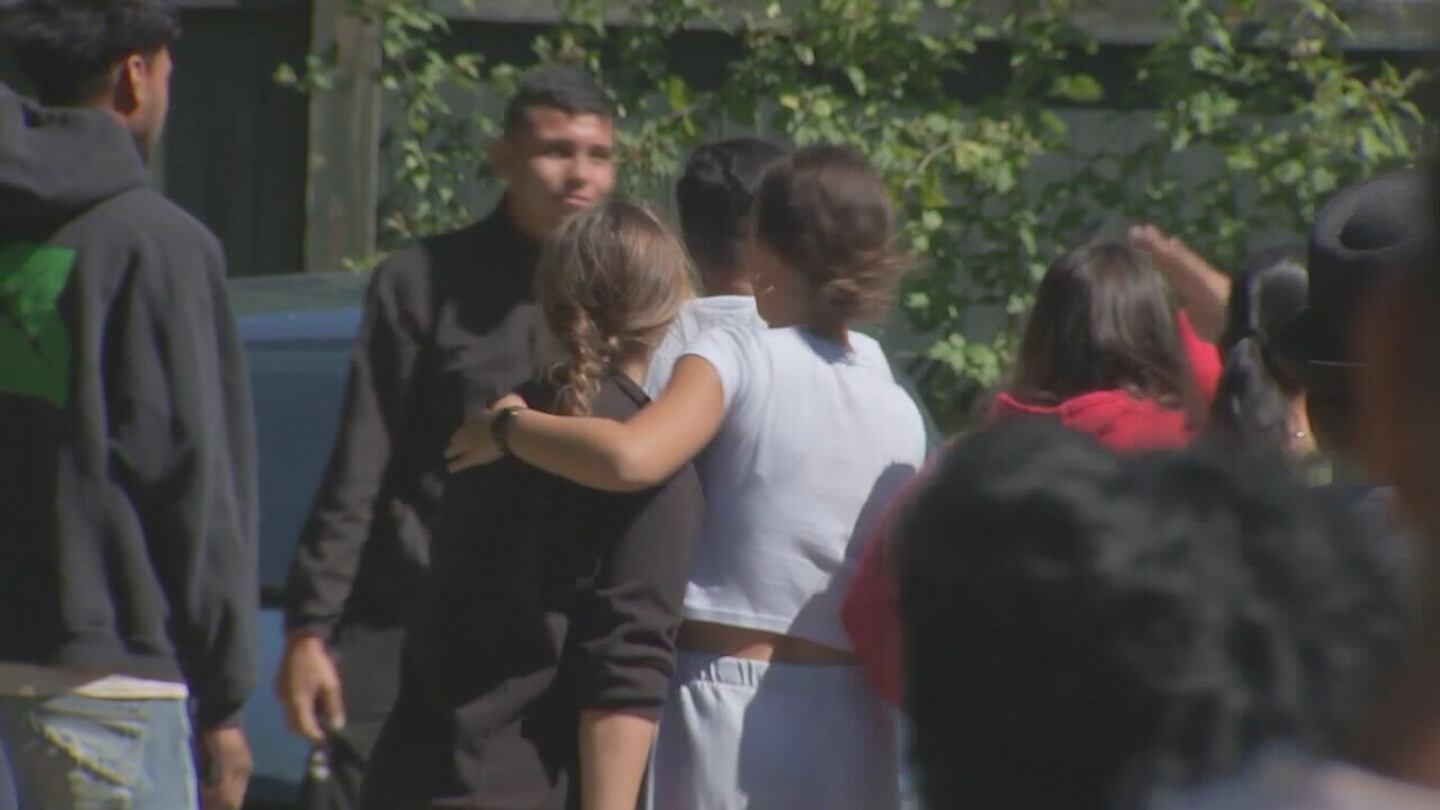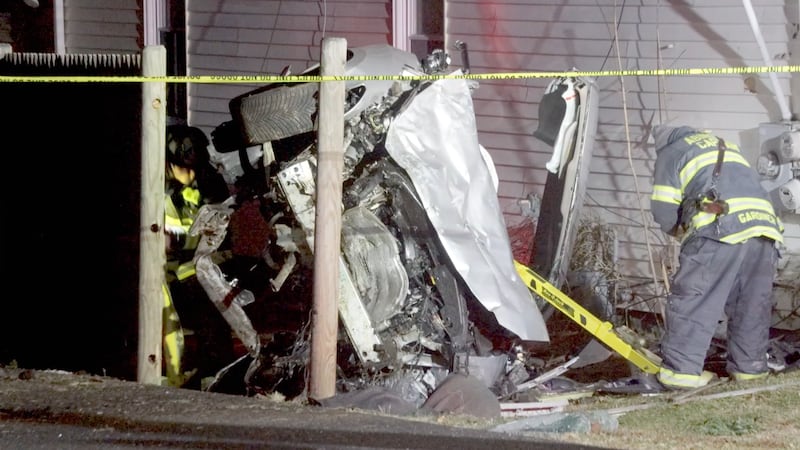BOSTON — With the state’s emergency shelter limit reaching capacity, Gov. Maura Healey on Monday put pressure on federal officials to address the growing migrant crisis, saying state officials can no longer guarantee shelter placement for new families arriving in the state.
Healey also appointed a new emergency assistance director, Air Force Lt. Gen. Leon Scott Rice to oversee management and coordination of the emergency shelter system. Rice, a former director of the Air National Guard, led emergency management teams under former Governors Deval Patrick and Charlie Baker.
The state will not be able to accommodate more than 7,500 families, or approximately 24,000 people, in emergency shelter and will likely hit this number by the end of the month, officials said.
Beginning Nov. 1, the state will no longer be able to add new shelter units. At this time, families seeking shelter will be assessed and those with high needs, such as health and safety risks, will be prioritized for placement, officials said. Families who are not immediately connected with shelter will be placed on a waiting list.
“We do not have enough space, service providers or funds,” Healey told reporters on Monday.
Healey declared a state of emergency in August amid the rapidly rising numbers of migrant families arriving in the state.
“We need everyone to understand that we are entering a new phase of this challenge. We can no longer guarantee shelter placement,” Healey said.
Just over 23,000 people are staying in emergency shelters in Massachusetts right now, and about half are families that are new arrivals to the state, Healey said. About half of the people in emergency shelter are children.
“I want to be absolutely clear about who these folks are. They are families, some expecting Moms and children. They are here lawfully — allowed in with the knowledge and consent of our federal government,” Healey said.
Newly-arrived families are being housed in hotels and college dorms throughout Massachusetts. In August, Healey asked Massachusetts residents to house migrant families amid the growing shelter crisis.
Officials said for months, the state’s emergency family shelter system has been expanding at an unsustainable rate, driven by increasing numbers of newly arriving migrant families and slower exits of families in long-term emergency shelter stays.
Healey called on federal officials to expedite work authorizations for new families amid the record influx of migrants arriving in Massachusetts, and to provide federal funding and federal sites in this state to address the crisis.
“This is a federal problem that demands a federal solution,” Healey said. “Families are coming in through the federal system and the federal government must step in to support them.”
Healey said she’s made multiple requests to Department of Homeland Security Secretary Alejandro Mayorkas for federal funding and improvements to the work authorization process. The governor met with the White House Chief of Staff last week and with Secretary Mayorkas in August.
Last week, a Homeland Security consultant team visited Massachusetts to evaluate the situation, holding extensive meetings with administration officials over two days and visiting shelters and a Family Welcome Center.
Officials said through its 1115 waiver, MassHealth is requesting federal funding for up to six months of temporary housing assistance and medical, social, and educational services for families and pregnant individuals, including newly-arrived migrants, who are enrolled as MassHealth members in emergency shelter, officials said.
The goal is for homeless families who have been in the state’s emergency shelter system long-term to find permanent housing, officials said.
The state will boost efforts to assist families with transitioning to stable housing, including assessing families who have been in shelter long-term — over 15 months— and prioritizing helping them exit the shelter system, which is intended to be a short-term, emergency option, officials said.
Officials will be expanding support for rapid rehousing and rental assistance initiatives, such as HomeBASE, to support these transitions.
The HomeBASE program helps eligible homeless families pay their first/last month’s rent and security deposits, moving expenses, stipends to help with ongoing housing costs, and other costs that can help families stabilize an existing housing situation or stably rehouse. The state is also calling on the federal government, faith-based organizations and other non-government organizations to help support homeless families.
Other services will still be provided for families seeking emergency shelter, including at the Family Welcome Centers, officials said. Families will be assessed for basic needs and offered the opportunity to apply for public benefits through the Department of Transitional Assistance, receive goods including diapers, hygiene products, and formula, and be referred to community-based resources.
Healey said state officials are working to help connect new arrivals with potential employers so they can find work.
“We need the federal government to more quickly process work authorizations for new arrivals. They want to work. They want to support their families,” Healey said.
State officials are launching a new pilot program in partnership with Commonwealth Corporation Foundation to develop a new job skills training program to connect businesses to individuals in shelter who are still waiting for their work authorization but looking to gain on-the-job training and skills development, Healey said. This new program will start in Salem.
A second program connects MassHire Regional Workforce Boards and careers centers to shelters statewide with the goal of assessing skills and work readiness of residents who have their work authorization. The initial phase of this new program is focused on 14 shelter sites across the state, representing approximately 1,500 families.
According to state officials, the program is already showing results. MassHire South Shore is working with Dunkin Donuts to fill 30 employment openings and coordinating with Plymouth Area Coalition shelter provider to connect shelter residents to jobs, officials said. MassHire North Central started working with a local shelter that connected one individual with employment at a retail store in Leominster.
Both programs are looking for employers and businesses who want to be partners in these efforts that will help them meet their workforce needs. Interested employers and businesses should contact LWDBusinessinfo@mass.gov.
Rice, who called the migrant crisis a “humanitarian challenge,” said he will work across the incident command structure to manage the issue. He previously led emergency response and post-disaster recovery efforts for Hurricane Sandy, Hurricane Irene, the Boston Marathon Bombing and ice storms.
“We will be responsive. We will be transparent and trustworthy in everything we do,” he said.
The United Way Migrant Relief Fund is also supporting migrant families, including temporary accommodations, food, clothing, diapers, hygiene items, transportation, health screenings, translation services, ESOL classes and legal assistance. The fund has raised $1.2 million since it was launched in August. More information can be found at unitedwaymassbay.org/migrantrelief.
“Partnership is needed in this next phase of what we are doing,” Healey said.
This is a developing story. Check back for updates as more information becomes available.
Download the FREE Boston 25 News app for breaking news alerts.
Follow Boston 25 News on Facebook and Twitter. | Watch Boston 25 News NOW
©2023 Cox Media Group








